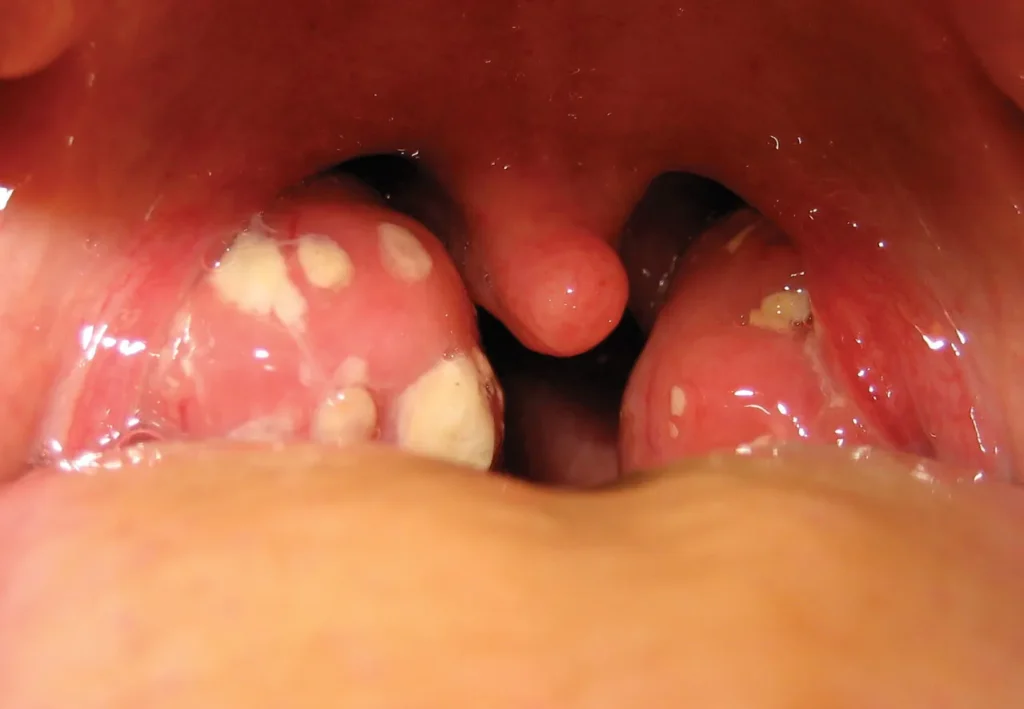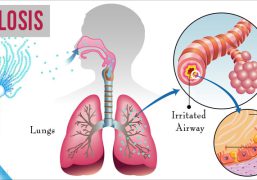Tonsillitis
Tonsillitis is an inflammation of the tonsils, which are two small glands located in the back of the throat. It is usually caused by a viral or bacterial infection and is most common in children, although it can occur in people of all ages.
The symptoms of tonsillitis may include sore throat, difficulty swallowing, fever, swollen and tender lymph nodes in the neck, headache, and a white or yellow coating or spots on the tonsils. In some cases, tonsillitis may also cause bad breath, voice changes, and a stiff neck.
Treatment for tonsillitis depends on the underlying cause. If the tonsillitis is caused by a bacterial infection, antibiotics may be prescribed to help clear the infection. In cases where tonsillitis is caused by a viral infection, treatment may focus on managing symptoms such as pain and fever. Over-the-counter pain relievers such as acetaminophen or ibuprofen may be recommended, as well as rest, fluids, and throat lozenges or sprays to help soothe the throat.
In severe cases or cases where tonsillitis becomes recurrent or chronic, surgery to remove the tonsils (tonsillectomy) may be recommended. This is typically done under general anesthesia and involves removing the tonsils through the mouth.
It is important to seek medical attention if you experience symptoms of tonsillitis, especially if you have difficulty breathing or swallowing, or if your symptoms persist or worsen despite treatment. Your healthcare provider can help determine the underlying cause and develop an appropriate treatment plan to help manage symptoms and promote healing.






